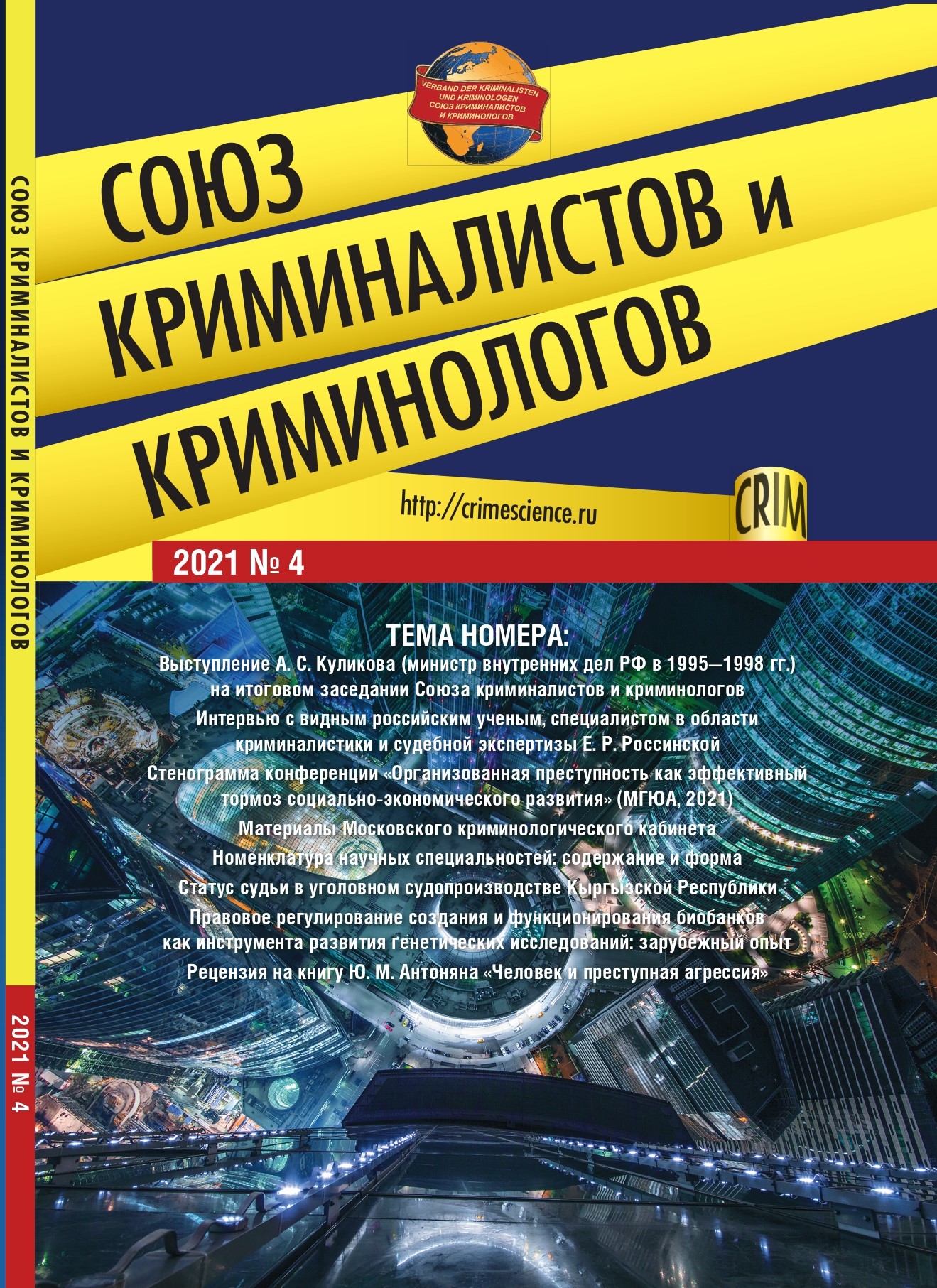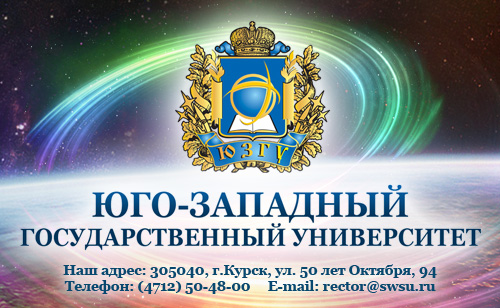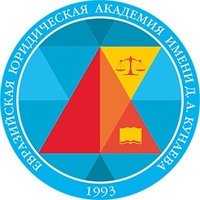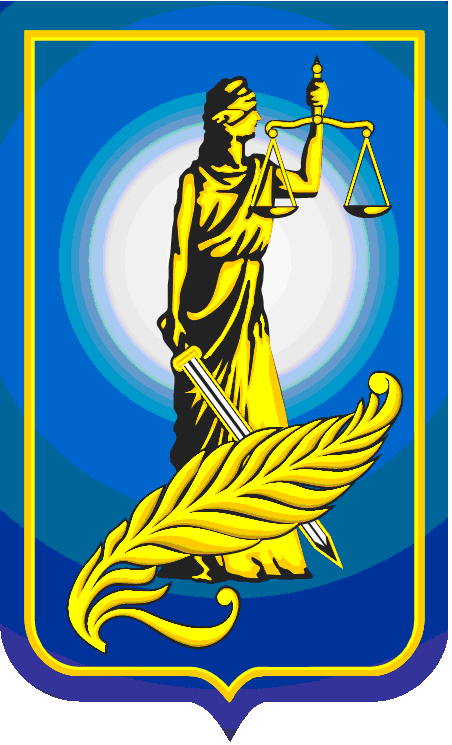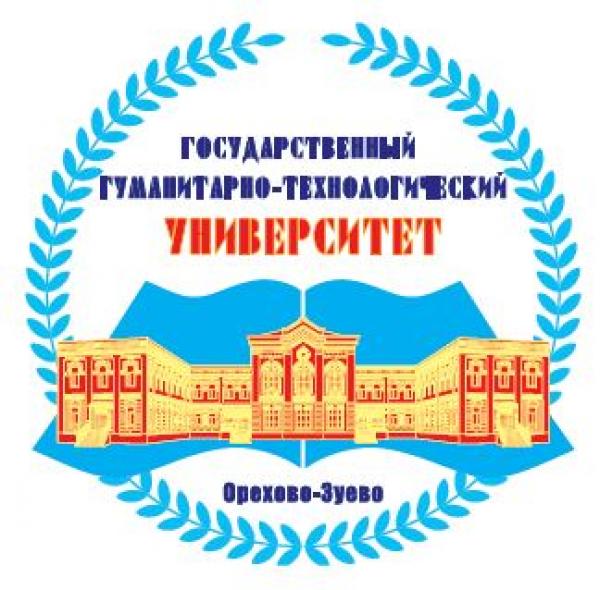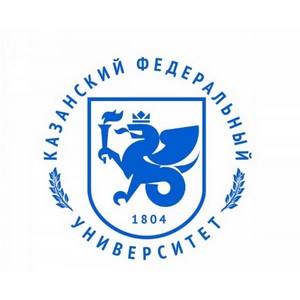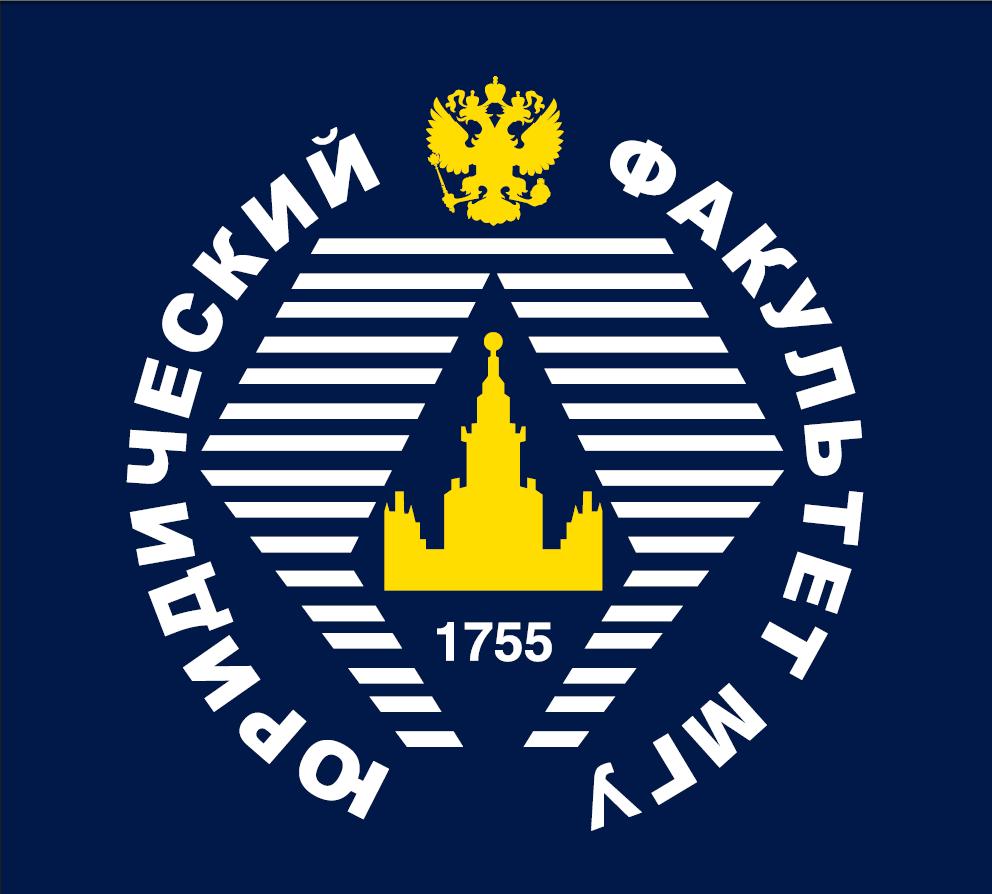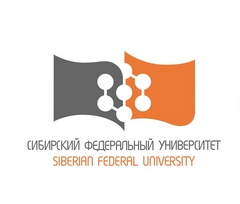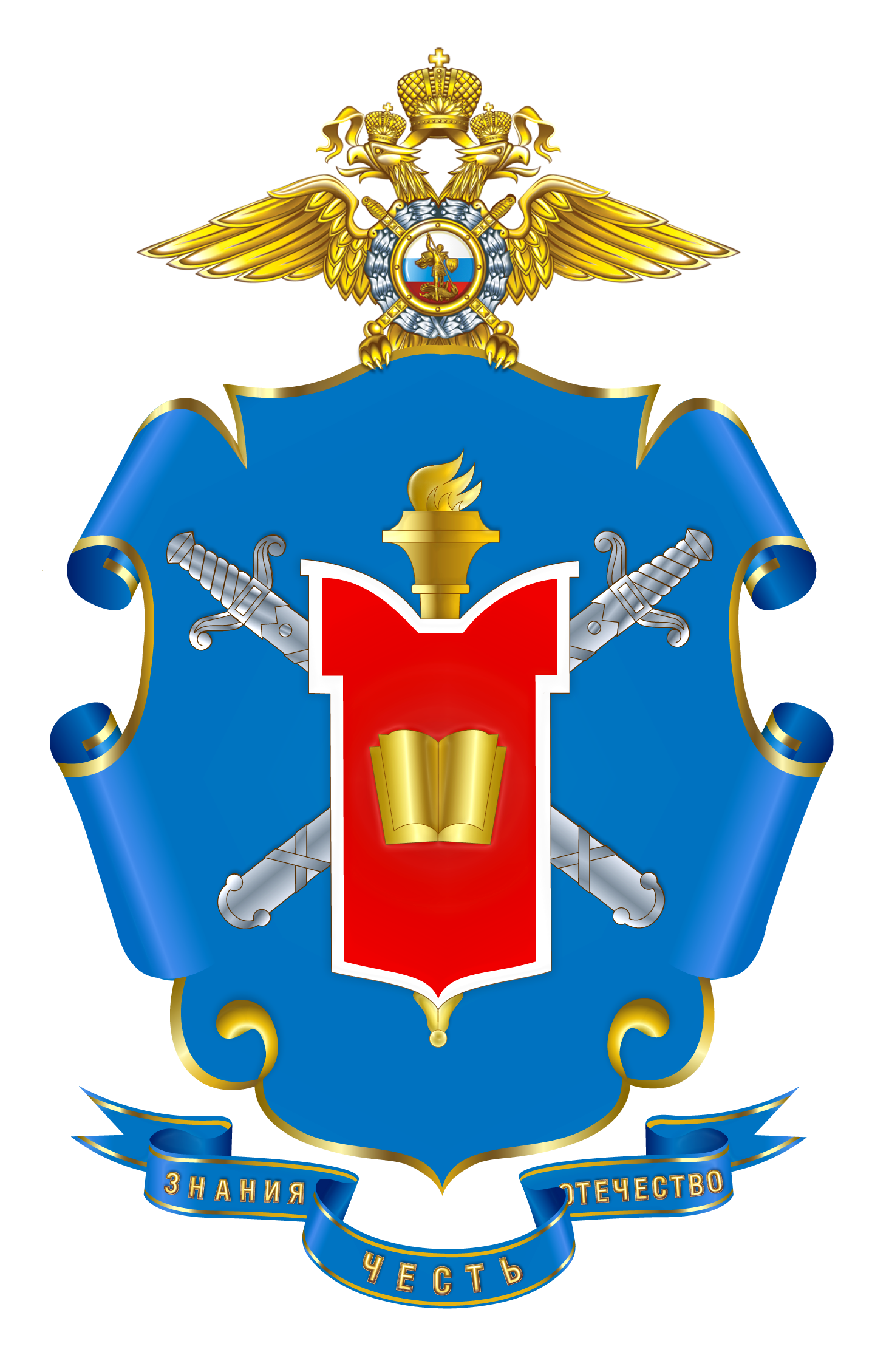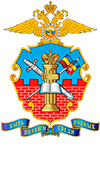Professor Nikolai G. Kadnikov, Doctor of Legal Sciences, Professor of the Chair of Criminal Law at the Moscow Kikot-University of the Ministry of Internal Affairs of Russia
On the meaning of the categorization of crimes and the initiative of the Supreme Court of the Russian Federation to introduce the category of criminal offenses in the Criminal Code of the Russian Federation
Recently, there has been a lot of talk about the possible reform of criminal legislation and the adoption of a new Criminal Code of the Russian Federation. Different points of view were expressed on such a reform. However, today, there is no single position that allowed the leading scientists of the USSR to present in 1987 the fundamental work, the basis of the new criminal law – the monograph ‘Criminal Law experience of theoretical modeling.’ [1]
We should not forget another fundamental legislative act, the Model Code of the CIS countries. [2]
These historical documents, and then the Criminal Code of the Russian Federation of 1996, recognized the institution of categorization of crimes depending on their severity as one of the most important institutions of the updated criminal legislation. From the standpoint of the Russian statedevelopment history, this approach was justified and absolutely necessary.
The basis of criminal liability was recognized as an act containing the elements of the offence defined in the criminal law. The act, and not the danger of a person, determined the basis of responsibility [3. p. 50-55]. To be more particular, it should be not an act in the general sense, but acts that have different degrees of severity. This approach reflects one of the most important principles of criminal law (this should be reflected in the criminal law) and the differentiation of criminal liability at the legislative level.
One of the most important places among the methods of differentiating responsibility is the categorization of crimes depending on their severity. It allowed to build various norms and institutions from a technological point of view and from the position of humanizing the criminal law. Although, not all the ideas of this criminal law institution, proposed by scientists and reflected in the Model Code of the CIS countries, were taken into account.
The categorization of crimes has influenced the development of a number of the new Code of Criminal Procedure norms, the criminal executive legislation and the organization of the activities of various law enforcement agencies. [1] The categorization also had a positive impact on the statistical reporting of crime, which had not been very transparent and poorly reliable.
At the same time, the idea of differentiating all criminal acts into crimes and criminal misdemeanors was not implemented. Such differentiation of responsibility would allow us to take a more objective look at the state of crime, to determine the necessary resources to counteract its most dangerous forms.
However, in recent years, the institution of categorization of crimes has gradually lost its primary significance. This was a result of the transfer to the court of the right to reduce the category of severity of a crime.
Therefore, the attempts of the Supreme Court of the Russian Federation to submit to the State Duma of the Russian Federation a draft law on the introduction of criminal misdemeanor as an important component of the categorization of criminal acts should be approved and supported. Unfortunately, the project does not acquire the status of a law. There were no negative comments about the introduction of the concept of criminal misdemeanor. But when discussing the draft of the new Criminal Code of the Republic of Kazakhstan, other points of view were also expressed.
I believe that the introduction of the category of criminal misdemeanors is important, especially at a time when the state should offer society and citizens humanistic methods of implementing criminal policy against persons guilty of crimes of small and medium gravity along with severe measures against group violations and mass riots. It is necessary to agree with the authors of the draft law that a criminal misdemeanor, on the one hand, contains all the signs of a crime, including being socially dangerous, and on the other hand, it is distinguished by the fact that its danger to society is minimal, as well as the danger of the person who committed it, which makes it possible to apply to him other measures of a criminal legal nature rather than criminal penalties one of which is imprisonment.
Many scholars support the idea if a criminal misdemeanor. However, they propose to start introducing such a category of criminal acts in relation to crimes committed by minors, as well as in relation to persons who commit crimes in the field of economy. [6. p.59-61]
We should not wait for radical changes in criminal policy, it will take years to get used to such a innovation in criminal law. The main thing is not to wait for ‘better times’ immediately to come. It is important to realize that not all citizens are criminals or enemies. Then it will be possible to pay more attention to the personality of the person who appeared to be a delinquent.
However, there are also problems associated with the proposed concept. First of all, this is the difficulty of categorizing the criminal act, as well as corresponding sanctions. Some noticeable contradictions in the project can be seen as well.
Nevertheless, it is necessary to support the trend of our justice system, its attempts to liberalize the criminal law, to reduce the number of sanctions in the form of imprisonment. These measures, in our opinion, will not immediately, but definitely will have a positive impact on the results of combatting crime.
Translated by Elizaveta O. Ovchinnikova
List of references (in Russian):
1. Ugolovnyj zakon. Opyt teoreticheskogo modelirovanija / Anashkin G.Z., Borodin S.V., Gal’perin I.M., Zagorodnikov N.I., i dr.; Otv. red.: Kelina S.G., Kudrjavcev V.N. — M.: Nauka, 1987.
2. «Model’nyj ugolovnyj kodeks dlja gosudarstv — uchastnikov Sodruzhestva Nezavisimyh Gosudarstv. Rekomendatel’nyj zakonodatel’nyj akt» (Prinjat v g. Sankt-Peterburge 17.02.1996 Postanovleniem 7-5 na 7-om plenarnom zasedanii Mezhparlamentskoj Assamblei gosudarstv-uchastnikov SNG)//SPS Konsul’tant Pljus
3. Kadnikov N.G. Opasnoe sostojanie lichnosti kak osnovanie ugolovnoj otvetstvennosti // Sojuz kriminalistov i kriminologov. № 1. 2020. S.50-55.
4. Kodeks Respubliki Kazahstan ot 03.07.2014 N 226-V ZRK
«Ugolovnyj Kodeks Respubliki Kazahstan»//SPS Konsul’tant Pljus
5. Sojuz kriminalistov i kriminologov. 2013. № 1. S.19-22.
6. Kadnikov N.G. Kategorizacija prestuplenij v zavisimosti ot ih tjazhesti kak osnova postroenija mnogih institutov Obshhej chasti ugolovnogo prava // Ugolovnoe pravo № 4, 2017. S.59-61.
7. Golovko L.V. Zakonoproekt ob ugolovnom prostupke: mnimye smysly i real’naja podopleka // Zakon. 2018. № 1. S. 127-136.
8. Postanovlenie Plenuma Verhovnogo Suda RF ot 13.10.2020 N 24 «O vnesenii v Gosudarstvennuju Dumu Federal’nogo Sobranija Rossijskoj Federacii proekta Federal’nogo zakona «O vnesenii izmenenij v Ugolovnyj kodeks Rossijskoj Federacii i Ugolovno-processual’nyj kodeks Rossijskoj Federacii v svjazi s vvedeniem ponjatija ugolovnogo prostupka»//http://www.consultant.ru/law/hotdocs/65178.html/
[1] Sm.: Federal’nye zakony ot 12.08.1995 № 144-FZ (st.8) «Ob operativno-rozysknoj dejatel’nosti», ot 07.02.2011 № 3-FZ «O policii» (st.23), ot 3 ijulja 2016 g. № 226-FZ «O vojskah nacional’noj gvardii Rossijskoj Federacii»//SPS Konsul’tant Pljus





